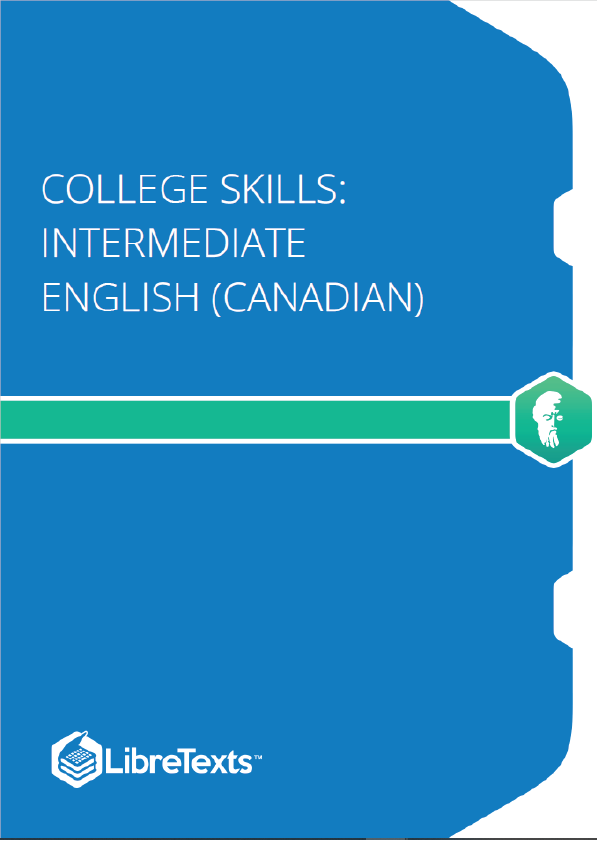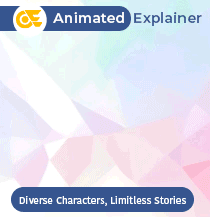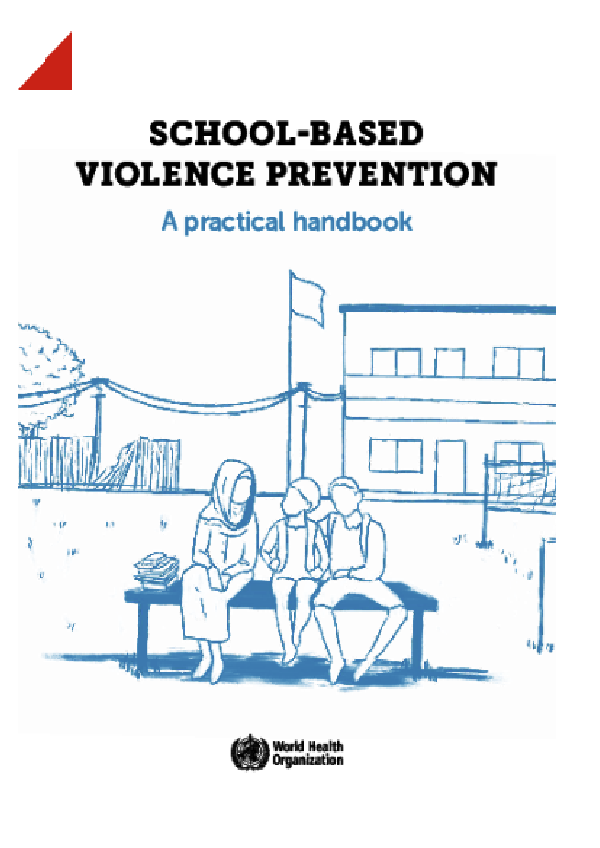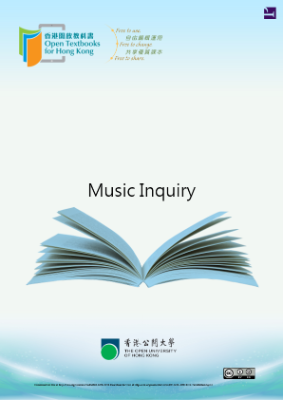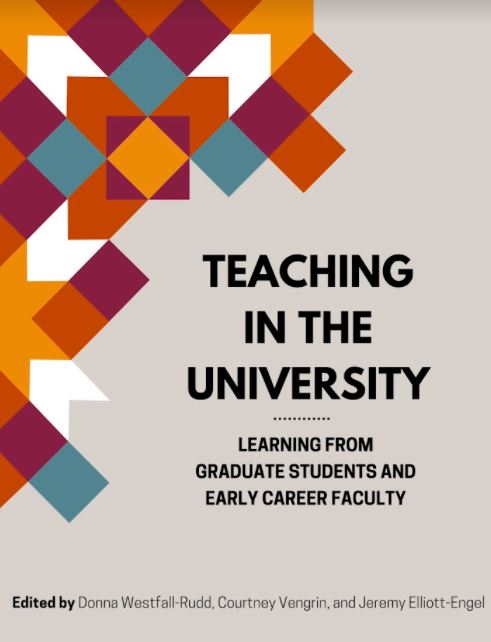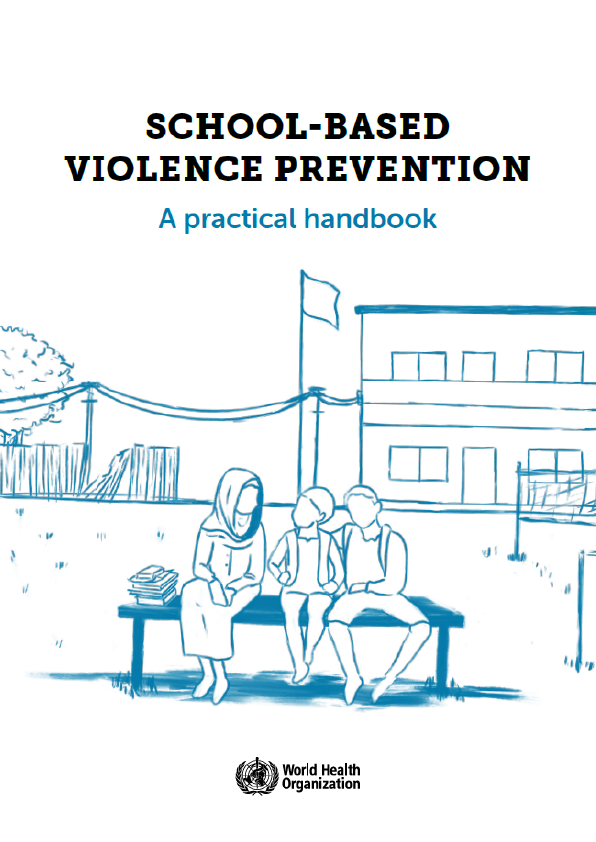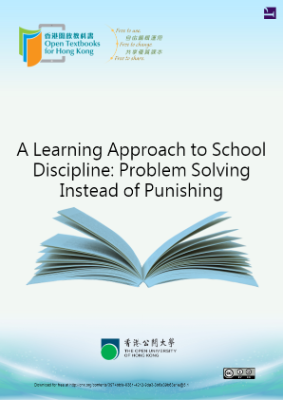Before you write anything, collect some ideas. Let your mind wander, and jot down anything that comes to mind about your topic. You can decide later whether you want to use an idea, or whether you want to discard it. One way to brainstorm ideas is to try a mind map. A mind map is a simple diagram that allows you to group ideas together and to make connections between them. A mind map looks like this. Here is a mind map someone has made on the topic of the future.
After you have made an outline of your paragraph, you are ready to write the first draft. No piece of writing is finished after one draft—you will write at least two. As you write, don’t worry about language use—you will focus on spelling, grammar, and punctuation at a later stage. The goal here is just to get something on paper.
The Parts of Speech
- A person, a place, a thing, or a feeling.
- Examples: Kate, British Columbia, house, river, canoe, happiness, joy.
- Kate lives near a river in British Columbia. Paddling her canoe brings her great happiness.
Proper nouns are names of specific people or places, e.g., Kate or British Columbia; these nouns have capital letters. Common nouns are general items, of which there are many, e.g., house or canoe.
Concrete nouns are physical things you can touch, e.g., house, river, canoe; abstract nouns are feelings, ideas, and other things you cannot touch, e.g., happiness, joy.
- A word that replaces a noun.
- Examples: I, you, he, she, it, they, we, my, his, her, them, their.
- I told you we should meet them at 8 o’clock.
- An action or a state of being.
- Examples: eat, read, sleep, be, have, enjoy, dance, sing, feel.
- I slept for nine hours and ate a good breakfast; I feel great!
- A word that describes a noun or pronoun.
- Examples: big, small, blue, cold, dirty, easy, difficult, delicious.
- Larry drives a big blue truck. It is often dirty.
- A word that describes how or when a verb is done.
- Examples: quickly, slowly, sometimes, always, never, tomorrow.
- She sometimes works slowly, and she never checks her grammar.
- A word that joins two words or phrases and shows how they are connected.
- Examples: and, but, so, because, before, after.
- We are tired and hungry because we have been skiing and snowboarding all day.
- A word that shows the connection between a noun or pronoun and another word.
- Examples: in, on, at, for, by, near, opposite, with, through.
- The school is near the shopping mall, opposite the gas station.
- A word that is used as an exclamation at the beginning of a sentence.
- Examples: Wow! Hey! Oh! Oops! Ugh! (and many swear words).
